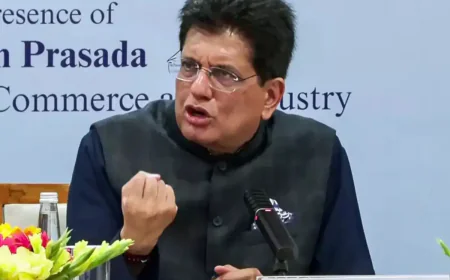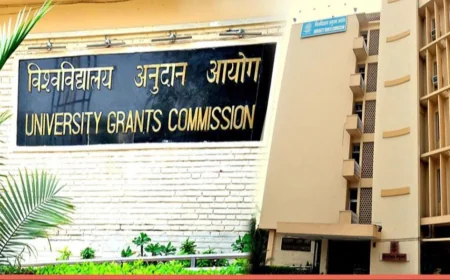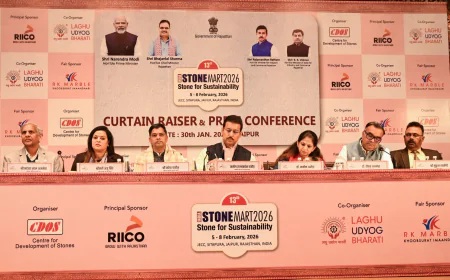'Tariff will affect exports', RBI Governor expressed this estimate on the economic challenges after the retaliatory tariff
RBI: RBI Governor Sanjay Malhotra has expressed concern over the tariff war going on around the world after the Monetary Policy Committee meeting on Wednesday. He has said that the ongoing tussle over tariffs has increased the risk of global growth rate being affected and new challenges related to inflation arising. Let us know in detail what the RBI Governor said next.
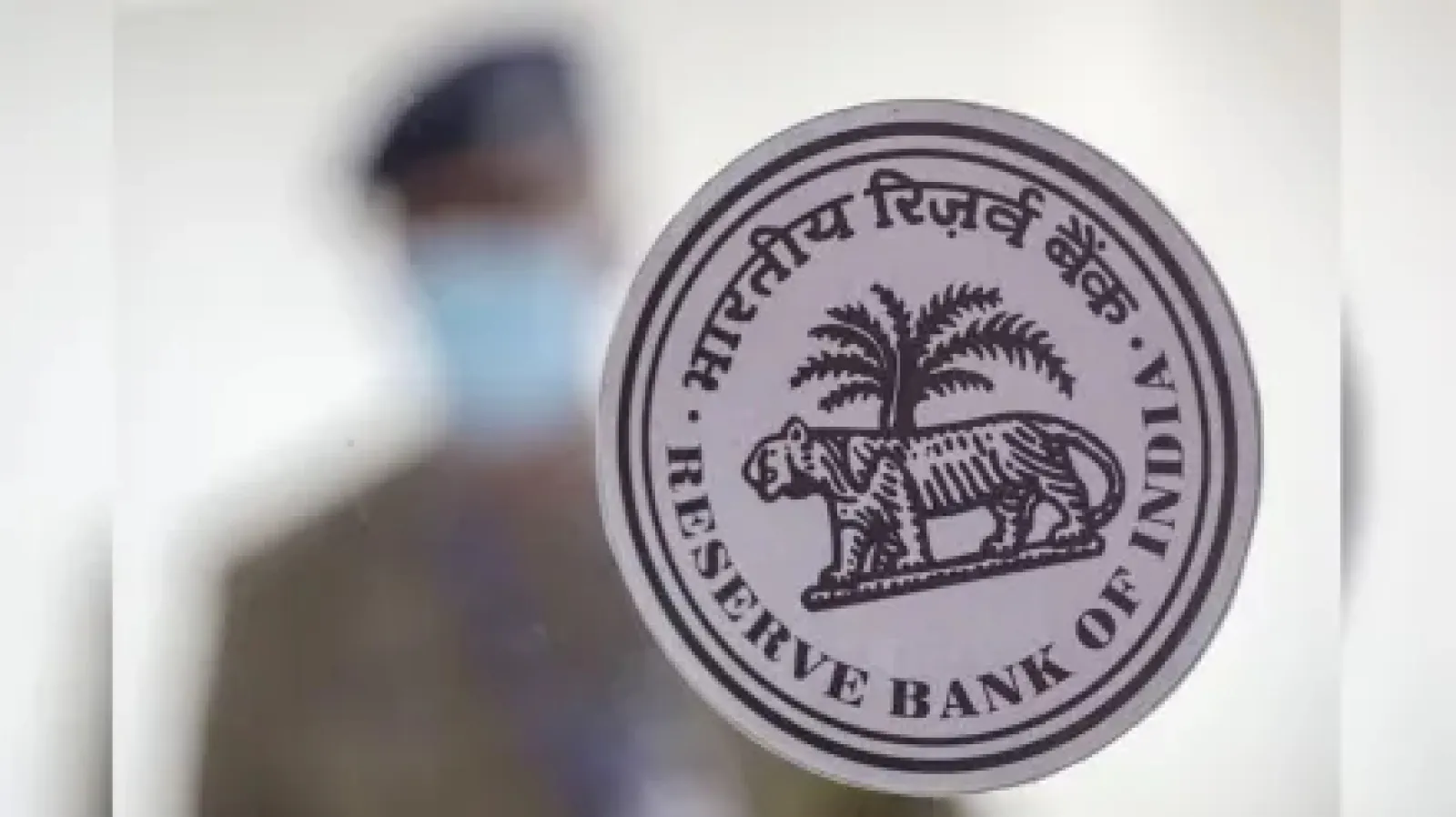
Reserve Bank of India Governor Sanjay Malhotra has stated after Wednesday's Monetary Policy Committee meeting that the economic situation of different sectors is getting blurred due to the ongoing tariff war across the world. According to Malhotra, this has raised the threat of new growth rates and inflation-linked challenges looming in the world. On America's retaliatory tariff's effect on India, the RBI Governor indicated that it would impact India's exports negatively.
After the first MPC meeting for the current financial year, the Reserve Bank Governor said, "Due to global uncertainties, there may be pressure on the export of goods. At the same time, the export of services is expected to remain flexible. Challenges arising due to disruptions related to global trade will continue to increase the risk of a decline in the global market." In view of the global uncertainties, the RBI has also reduced the growth forecast for the current financial year from 6.7 percent to 6.5 percent.
He said, "Uncertainties remain at a high level due to increased instability in the global economy in recent times. The growth rate forecast for the current financial year has been reduced by 20 basis points compared to the February estimate of 6.7 percent." He said, "Recent trade tariff developments have further increased uncertainties on the economic scenario across various sectors. This has created new challenges for global growth and inflation. Amidst this turmoil, the US dollar has also declined significantly. This has also led to a reduction in bond yields. Equity markets are improving, and crude oil prices have fallen to a three-year low."
Want to get your story featured as above? click here!
Want to get your story featured as above? click here!
He said that central banks are acting cautiously in view of the current situation. There are signs of policy changes in different sectors. They are formulating their policies based on their domestic priorities.
The RBI governor said, "However, there are many known unknowns - the impact of relative tariffs, resilience in our export and import demand, and policy measures adopted by the government, including the proposed foreign trade agreement with the US, etc. These make a clear assessment of the adverse impact of tariffs difficult."
Last week, US President Donald Trump announced reciprocal tariffs on 60 countries, including India, effective from April 9. The US has imposed a 26% reciprocal tariff on various products from India including shrimp, carpets, medical devices, and gold jewelry. This 26% duty is in addition to the existing duty imposed on Indian goods in the US. The US has claimed that US goods attract a 52% duty in the Indian market. This new tariff policy has been designed to reduce the US trade deficit and promote domestic manufacturing.
The US remained India's largest trading partner from 2021-22 to 2023-24. The US's share in India's total merchandise exports is about 18%, 6.22% in imports, and 10.73% in bilateral trade. India's trade surplus (difference between imports and exports) on goods with the US in 2023-24 was US$35.32 billion. This figure was US$27.7 billion in 2022–23, US$32.85 billion in 2021–22, US$22.73 billion in 2020–21 and US$17.26 billion in 2019–20.

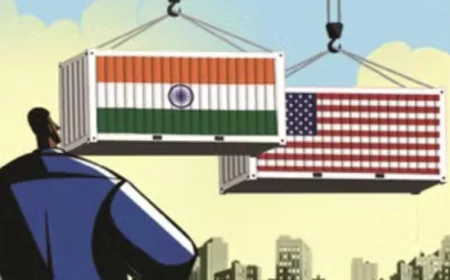



































.jpeg)























